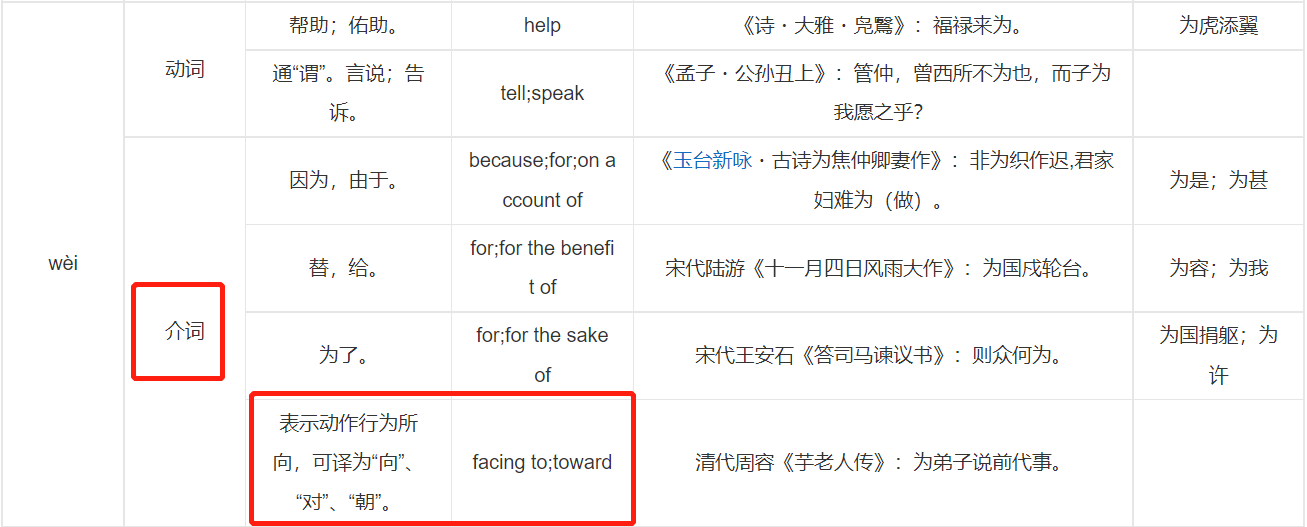In the following sentence:
发言人表示,该公司目前为多达80款不同菜系提供外卖,“这一点足以说明我们英国人是全世界菜肴的吃货。”
I understand the meaning, which is something like the follows:
The spokesman said that the company now provides 80 different types of delivery foods. This is more than an enough explanation of why British people are the best gourmet in the world.
However, what does the 为 mean in this sentence? I feel that the subject is 该公司 and the verb is 提供外卖, so 为 would be a preposition...
Does it mean "with" or something others?
